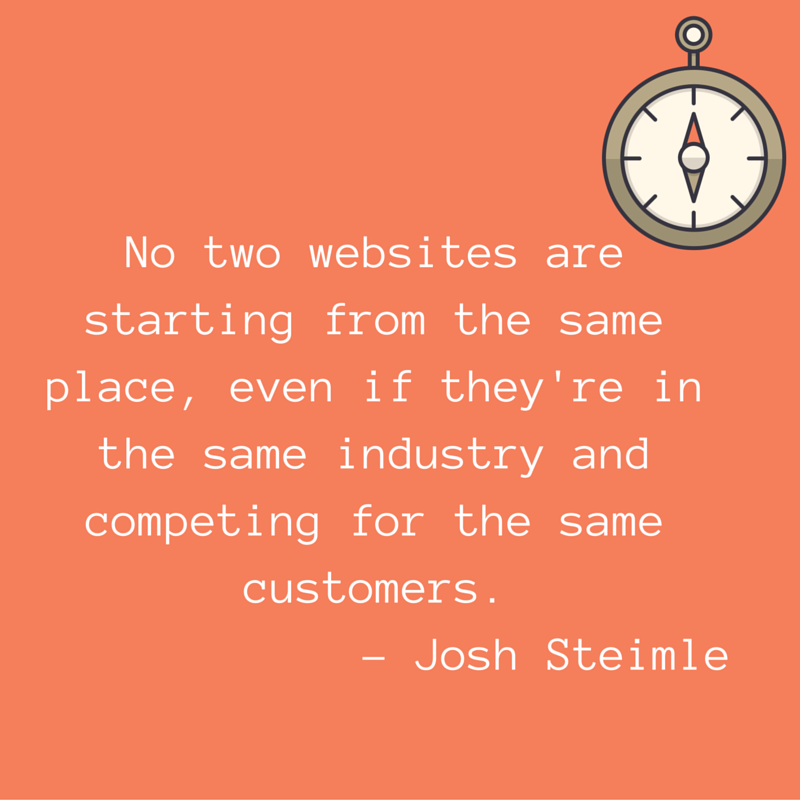She sat at her desk working a 9-to-5 job. As she perused her old photos lifted from an album on social media, she saw herself happily mixing batter in a silver bowl making Christmas cookies. She sighed as she had envisioned herself being a prominent chef with her own cooking show or at least her own restaurant.
But instead she works in finance sitting behind a desk taking calls day by day. And by this point in her life, she doesn’t see any of her dreams materializing anytime in her future. Besides, dreams are for the fresh and young people. Old people, way past their prime, have no business in making dreams. Dreams are for those who can afford them, and the endeavors entailed in reaching them.
What erroneous notions those two are.
Dreams are not exclusive for the wealthy but are accorded for anyone who is willing to make the struggle in accomplishing them. However, this misguided belief and statement becomes a justification for those who have failed themselves and their ambitions. Such misleading impression and belief of dreams being exclusive for the wealthy is a prospective threat to the doe-eyed people intent on attaining success.
What keeps us from progressing in our lives? What are the obstacles that hinder us from realizing our true potential? Are the things that impede us from our achievements truly innate in us?
All of us, if not most, have imagined futures where we see ourselves succeed. We all have dreams, aspirations and various goals that we all hope to come to fruition one day. Only the road to achieving these is not set on a straight path. That path is littered with many trials. Humans as we all are, we are not proof against committing errors in our day to day activities.
Some of us will try our hardest to make sure we reach these dreams. Some of us think of excuses on why we never got there, doing a great disservice to oneself shall you proffer inexcusable reasons for failing to reach our dreams. Some of these reasons are deadly, and here are some of them that may be keeping you from achieving your dreams.
“I do not possess an impressive work experience.”
This is a deadly cop-out and is almost synonymous with saying you do not find yourself worthy of your own dreams. You might not boast stellar credentials and impressive work experience, but that should not be a roadblock in chasing your dreams. Additionally, this excuse also becomes the reason some people settle for less than what they are truly worth. They slave for hours on minimal compensation without stopping to consider that they might be qualified for a higher position and a better salary bracket. Never let this excuse restrict you from attaining your goals. In one way or another, we have had all the experience we need, and this is called ‘life experience’ that can be utilized for any work we are involved in.
“I am too young or old.”
As the adage goes, “Age is just a number” and in this case, it still is. Age is no basis of whether you should start or cease chasing success. Either way, whether you are young or old, you possess innumerable advantages. When you are young, you are filled with boundless enthusiasm and energy. Whereas, when you are old, you are more knowledgeable and experienced which will work to your advantage. Don’t let this excuse serve as an obstacle to achieving your dreams. After all, age should not matter.
“My education is unremarkable.”
A common reason for delaying the chase of dreams is people lamenting the fact that they do not possess a college degree. Most of us were misled to believe that to be truly successful in life, we should go to school and get a job – a rather formulaic take on success. Because of this misguided belief, people are committing themselves to a self-imposed prison and have ultimately disabled themselves from a race where they could have won. Possessing a college degree in no way makes you smarter than anyone else; we are all smart in our own way. Proper application of our intellect will take us places, and that in itself is more than enough.
“Time is not on my side.”
In essence, it is like you are saying that you do not have time to achieve all that you envisioned for yourself. This deadly excuse is the lamest one among the ones listed in this article. Achieving an ultimate goal is not set in stone, and the logistics involved in it is not always the same for everyone. There is no definite time frame for it. So, if anything, you should be navigating the road to achieving your dreams today. You may not possess all the needed resources you want, but there is no harm in starting small today which would eventually get bigger day by day. Remember, there is no effort so small as to render it insignificant. Every little thing you do today counts tomorrow. So start now.
“I do not have enough support.”
This excuse shifts the blame towards others rather than focusing the blame on yourself. The truth is, you need to have a proper self-awareness before you can truly attain your dreams and succeed in life. You do not need to source support from others in achieving your dreams. In lieu of garnering support, you should create and find it. There are a lot of people out there who will be more than willing to see you accomplish your dreams and succeed. You just need to find the right kind of people whose dreams are in line with yours. They are looking for you as much as you are looking for them.
“I do not have the necessary finances.”
Money is a tight issue and remains to be one of the biggest reasons people would neglect chasing their dreams or avoid them altogether. We may not possess sufficient funds today, but are capable of generating those funds and saving them. We should be wise about the money we earn and be creative with the money we have saved. In time, when enough finances are accumulated, you can start making your dreams come true. There is no exact formula for success, but one way of doing it is to attain money sufficient enough to sustain your dreams.
These are the biggest deterrents and excuses in achieving one’s dreams. More often than not, you may have heard it or even used it yourself. Consider these if ever you feel the need to chalk it up to these reasons when you are in the midst of an impending surrender:
- A dream remains a dream if you have no intent on achieving them.
- An aspiration becomes an inspiration when a plan is thoroughly laid out in achieving it.
- A goal is a dream with a deadline.
Remember, your dreams are your grandest possessions today and realizing them and having them come true will be your biggest accomplishment. Time, age and money are not your enemies. Your excuses are. So, it is up to you how you can change that.











